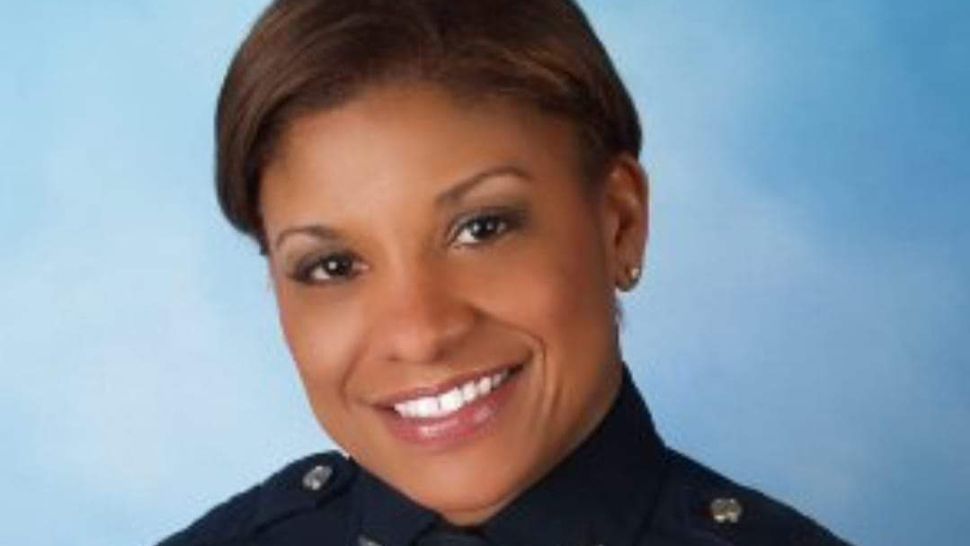LOUISVILLE, Ky. — When Yvette Gentry officially steps into the role of interim Louisville Metro Police chief on Thursday, she will be taking over a department grappling with the fallout of Breonna Taylor’s killing, more than four months of protests, and a movement to re-allocate funding away from the department.
Gentry, whose contract will not exceed six months, will only have a limited time to achieve the goals she laid out in a press conference earlier this month.
“I am returning to the high-stress law-enforcement field in large part to help lead a call to action for those willing to do the work it takes to heal our city, and provide truth so we can have reconciliation, and create a system of justice rooted in equity,” Gentry said.
After joining the police department in July of 1990, Gentry rose to the rank of Deputy Chief. She left the police force in 2014 and went to work for Mayor Greg Fischer and then the Metro United Way. Earlier this month, Fischer announced that Gentry would take over for LMPD’s current interim chief, Robert Schroeder, who has been in the role since taking over for Steve Conrad at the start of July.
One of the first things Gentry could do to make her impact felt is to stand alongside protesters who have gathered daily in Louisville since late May, said Ali Muhammad.
Sitting in the rain Monday at Jefferson Square Park, the hub of the nightly marches and home to a Breonna Taylor memorial, Muhammad said, “I want to see her out here with us. She needs to come out here and protect us.”
A regular at Louisville’s protests, Muhammad said the number of protesters is dwindling because people fear arrest and injury at the hands of the police. In the time since Wednesday’s grand jury decision, LMPD has arrested more than 200 protesters on charges including unlawful assembly, failure to disperse, and first-degree rioting.
“She needs to come out here and she needs to keep us safe,” Muhammad said. “We don’t feel safe out here.”
Gentry will be the first woman and the third African-American to lead LMPD, and that has some hopeful about the changes she might bring.
Longtime Louisville activist K.A. Owens says Gentry’s status as the first Black woman to serve as LMPD chief is significant, but the problems with the department run deep.
“It’s clear that there needs to be a cultural change within the police department,” Owens said Monday. He cited what he sees as problems with officer attitudes toward race, gender, sexual orientation, and class. “We don’t need that in the police department," he said.
In the press conference introducing Gentry as the new interim chief, Mayor Fischer suggested that Gentry has the ability to bring about the changes Owens is calling for. He praised Gentry’s passion for “working to help her city address systemic racism and reimagine public safety,” while lauding her honesty.
A good place for Gentry to start enacting change, Owens said, would be with the police reforms negotiated as a part of the settlement between the city and Breonna Taylor’s family. Those reforms include sending social workers on some calls with police, expanding drug testing for police officers, and offering officers credits for living in the areas where they work.
Owens acknowledged that Gentry’s short tenure may not be enough to change the culture of the police force, but implementing those reforms would be meaningful.
“I don’t see why at least the beginning of some changes couldn’t be made,” he said.



